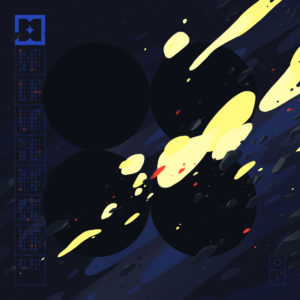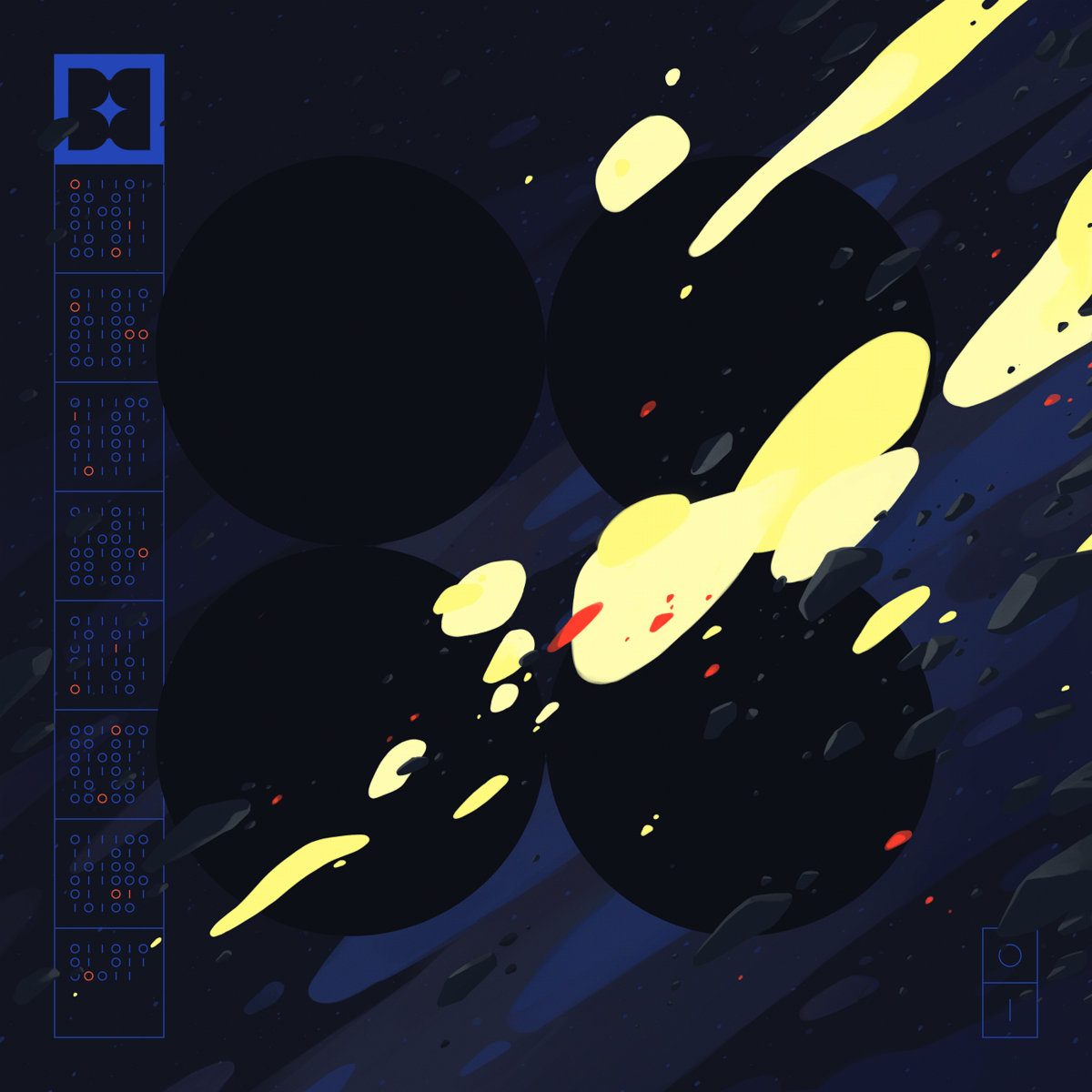
Tineidae
Slowly Drown In Static
Billegal Beats
The various ambient, IDM, and technoid producers we for years associated with the late Tympanik Audio label are for the most part still active, though it’s perhaps been trickier to locate their newer works. That’s not the case with Ukrainian producer Pavlo Storonsky’s Tineidae project, which has been wholly off the radar since 2014. Five years on, he’s released Slowly Drown In Static, a brief but focused LP which shows that that time off has had an effect on Tineidae’s direction.
The glitch and bass of 2014’s Shadows is nowhere to be found, and Slowly Drown In Static‘s more direct melodic strategy is quite different from 2012 debut Lights. That said, the record isn’t an entire about-face. Storonsky’s talents for sound design and grandiose arrangements are still present, though Slowly Drown In Static presents them in a dark and cinematic cast. The cold and spacey “Four Suns” feels like a conscious reworking of existing Tineidae ideas, pressed into the service of a 2001-like journey into the darker recesses of the universe and/or soul.
The bombastic soundtrack ambitions of “Sail To The Ashen City” certainly weren’t beyond Storonsky’s technical skills previous to this release, but they require a willingness to put a bold and simple theme at the forefront, ahead of the perhaps more involved background arrangements. He’s perhaps taken the right lesson from John Carpenter – a big, detuned analog synth lead can evoke massive senses of space and dread regardless of simplicity – but hasn’t forsaken the IDM background which keeps Slowly Drown from losing its sense of identity. Even in slower, more ambient moments like the sparse “Palace Of The Hollow”, the clicks and whispers which lie beneath a distant, mournful piano seem calculated, never incidental or only there for mood.
The record’s short run-time (eight tracks just scraping the thirty minute marker) makes for a pleasant change of pace, and ensures that its bolder synth leads never have to repeat or noodle off into mundanity, nor do its exercises in pure, ambient sound design ever lope into drone for its own sake. Storonsky’s vision of what Tineidae constitutes may have undergone some significant changes in the past half decade off, but the results should pay dividends to listeners new and old alike.





